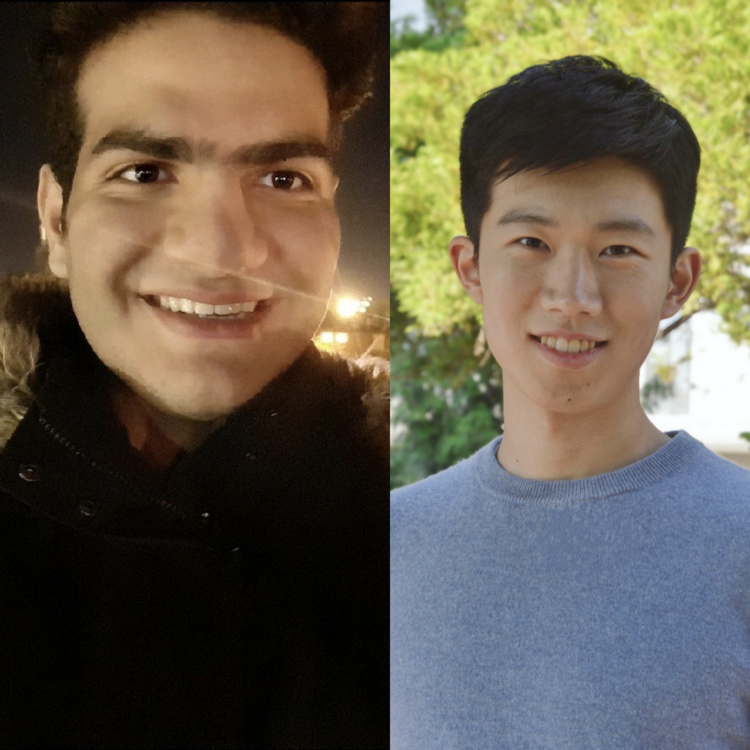
Cog Lunch: Aryan Zoroufi "Find the Orange: How rich and precise is visual perception for action?" & Ced Zhang "Models of meaning and models of thinking"
Description
Speaker: Aryan Zoroufi
Title: Find the Orange: How rich and precise is visual perception for action?
Abstract: As we move through and engage with the world, we have a subjective impression that we are guided by seemingly detailed representations of our surroundings, including the precise 3D shape of objects and their spatial and physical relationship to each other. But many recent studies suggest that this rich subjective impression may be in part an illusion, and our internal representations of the world around us may instead be quite impoverished. How accurate and detailed are the representations guiding our rapid online interactions with the world? We address this question using a naturalistic virtual reality task where humans have to find an occluded target object (orange) in a tabletop environment as quickly as possible. We observe that people’s decisions in this task are guided by precise information about the area behind occluders taking into account 1) the 3D structure of the scene (not just the 2D pixel area of the occluders) and 2) the relative size of the hidden object. Overall, these results suggest a detailed 3D representation of both visible and occluded parts of a scene are rapidly available to guide rational search in naturalistic environments.
Speaker: Ced Zhang
Title: Models of meaning and models of thinking
Abstract: What is linguistic meaning? This timeless question has fascinated generations of scholars across disciplines in philosophy, linguistics, cognitive science, and artificial intelligence. The rapid advancement and widespread success of large language models shed new light on this question, catalyzing many contemporary debates. How should we think about meaning in this era? At its core, language is a tool for communicating our thoughts. We can learn about how the world works and what others think from language, and we can express our own thinking in language. How should models of thinking, such as symbolic logic, probabilistic programs, and neural networks fit in models of meaning? After high-level expositions of my current interests and views regarding this topic, I will briefly present a few recent and ongoing projects that study the interplay of meaning and thinking. Questions, comments, and discussions are encouraged.

